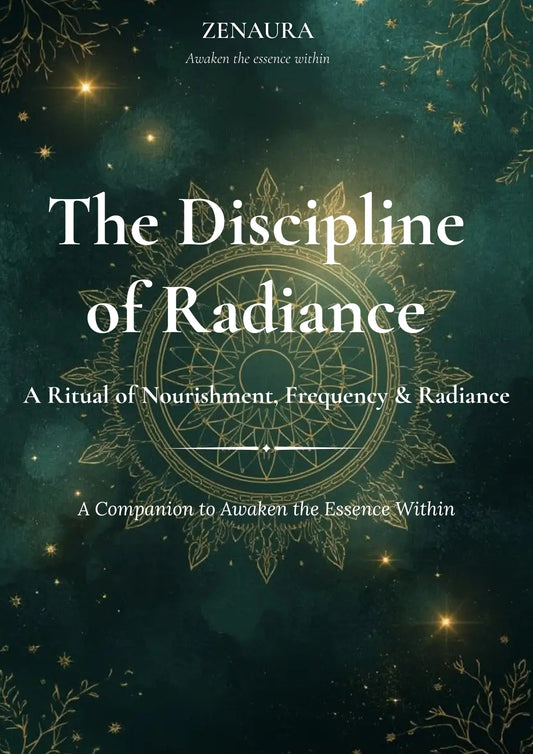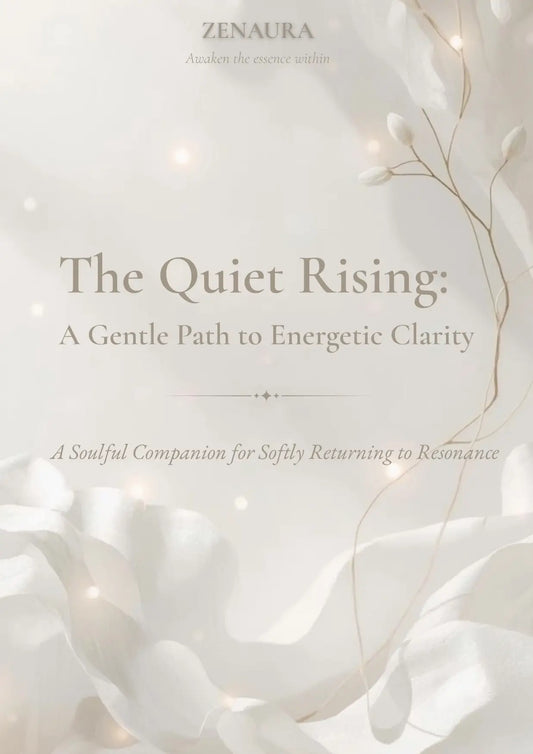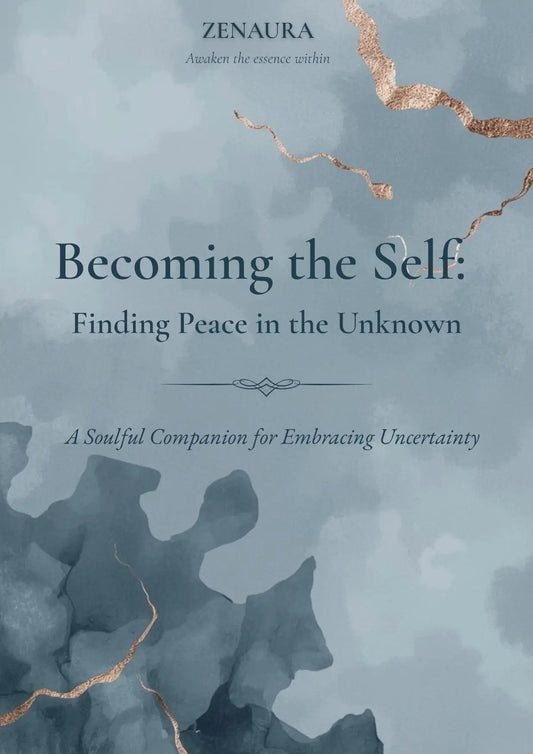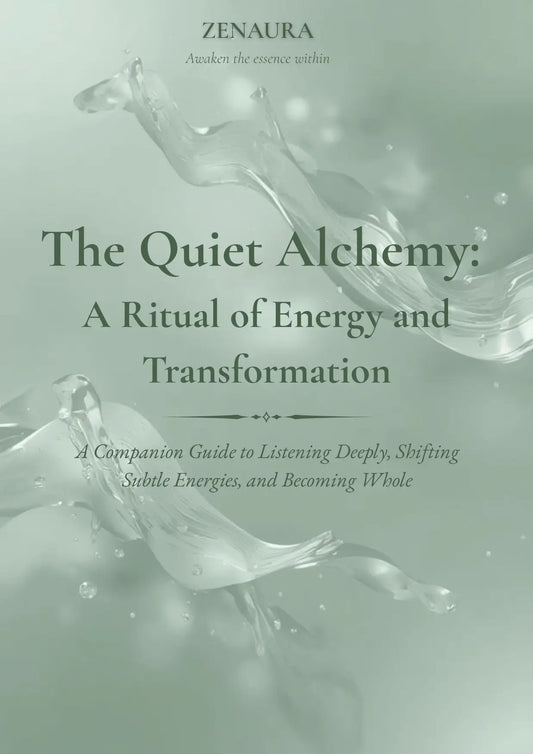
The Law of Balance: The Invisible Scales That Govern Life
Life unfolds in countless forms, yet an invisible principle governs all: the Law of Balance. No relationship, system, or endeavour can endure without equilibrium. When giving and receiving fall out of proportion—when effort and reward, care and respect, or attention and acknowledgement are misaligned—the law intervenes. Not with malice, but with impartial precision, it restores harmony.
Balance is neither optional nor negotiable. It manifests through consequence, revelation, and insight. Those who ignore it encounter the friction of life: unrest, depletion, stagnation, or the quiet erosion of meaning. Those who attune to it navigate existence with clarity, wisdom, and enduring grace. Those who attempt to dominate, exploit, or control may thrive temporarily, but imbalance always contains the seeds of collapse.
The Principle of Equilibrium
Balance is the silent architect of existence. Every choice, intention, and interaction resonates like a vibration, contributing to the unseen scales of life. Imbalance manifests subtly: the exhaustion of giving without receiving, the stagnation of taking without contributing, or the distortion of effort without awareness.
The law is neither judgemental nor punitive—it is cause and effect, impartial and inevitable. Those who overextend themselves without boundaries eventually face depletion; those who exploit without conscience encounter limits, resistance, or loss. Those who attempt to dominate others may appear strong, but domination is unsustainable—the scales inevitably shift.
The universe keeps a quiet record. Nothing slips through its ledger of life. Acts of over-giving, though unnoticed by others, are whispered back in time through restoration, renewal, and unexpected return. Acts of unchecked taking, though seemingly rewarded in the short term, accumulate like a silent debt that must one day be repaid. Balance is not a threat—it is a certainty, a gentle audit of the unseen, ensuring that nothing given is wasted, and nothing taken remains unpaid.
The Gentle Nudge and the Firm Correction
The law begins with a whisper: subtle signs, minor setbacks, or hesitation. These are invitations to recalibrate before consequences intensify.
When imbalance persists, the law shifts from whisper to action: systems rearrange, circumstances transform, and relationships are tested. Takers encounter obstacles; givers learn to set boundaries. The law educates, rather than punishes, restoring equilibrium essential for sustainable growth.
History repeats this principle: dynasties built on greed, rulers who exploit, and inequitable systems inevitably collapse. Those who seek to dominate may rise temporarily, but their power carries the seeds of its own undoing. The law restores balance—not as punishment, but as the natural unfolding of justice.
Balance in Human Relationships
Relationships are living proofs of the law. Giving without reciprocation, loving without boundaries, nurturing without acknowledgement, or taking without gratitude distorts the natural flow of energy. Over time, these imbalances generate strain, resentment, and disruption.
The law ensures correction. Exploiters encounter limits they cannot bypass. Those who give without awareness are guided to cultivate discernment, self-respect, and healthy boundaries. True equilibrium emerges when interactions are rooted in integrity, mutual recognition, and conscious engagement.
Attempts to dominate—whether through control, manipulation, or taking without reciprocity—always collapse under their own weight. What begins as power inevitably erodes trust, connection, and stability, until only balance can restore the flow of life between people.
The Universal Principle
The Law of Balance transcends circumstance, culture, and perception. It favours no individual, class, or skill set. It operates silently, impartially, and inevitably. Those aligned with its principle live with resilience, clarity, and poise; those who resist encounter friction, obstruction, or disruption.
This law is like an invisible accountant, reconciling every surplus and every debt. What seems like unfair sacrifice or unchecked advantage is never the final story. In time, the scales return to even. It is not personal, nor punitive—it is simply the quiet insistence of harmony, the restoration of order that allows life to continue its flow.
Even the mightiest cannot escape it. Societies built on exploitation falter, economies fuelled by unchecked greed destabilise, and leaders who dominate inevitably fall. The law corrects with impartial precision, not to punish, but to ensure the restoration of order and the continuity of life itself.
Practising the Law of Balance
The Law of Balance is not merely to be understood—it must be practised. Living in harmony with it requires ongoing awareness, reflection, and conscious choice. Balance is sustained not through perfection, but through continuous recalibration.
Ways to practise the law:
- Give with awareness, not compulsion. Generosity flows best when intentional, not driven by guilt, fear, or the need for approval.
- Receive with gratitude. Accepting support or kindness without entitlement maintains the flow of energy between people.
- Set healthy boundaries. Protecting your time, energy, and values preserves equilibrium in relationships.
- Reflect and adjust. Notice friction, exhaustion, or resentment as signals of imbalance. Pause, recalibrate, and act with clarity.
- Engage with integrity. Let your actions, whether in relationships, work, or community, be guided by fairness, honesty, and respect.
- Honour reciprocity. Sustainable connections—personal, professional, or societal—depend on giving and receiving in mutual measure.
To practise balance is to walk with awareness in every interaction. It is not rigid control, but a living rhythm of adjustment—an ongoing dialogue between self, others, and the larger systems we inhabit.
The Wisdom of Living in Balance
Living in accordance with the Law of Balance demands more than compliance—it requires ongoing cultivation. Awareness must be paired with discernment, generosity tempered with wisdom, and empathy balanced with boundaries.
Those who understand this principle do not react passively. They recognise exploitation, respond with measured boundaries, and engage with clarity and integrity. They give without depleting, receive without entitlement, and participate in relationships and systems with conscious alignment.
Balance is a living practice. It requires reflection, adaptation, and continuous recalibration. Those who master it achieve rare stability, resilience, and flow. Their lives are marked by sustainable relationships, enduring systems, and inner harmony. They navigate complexity with calm, knowing that equilibrium is both the foundation and the outcome of mindful living.






